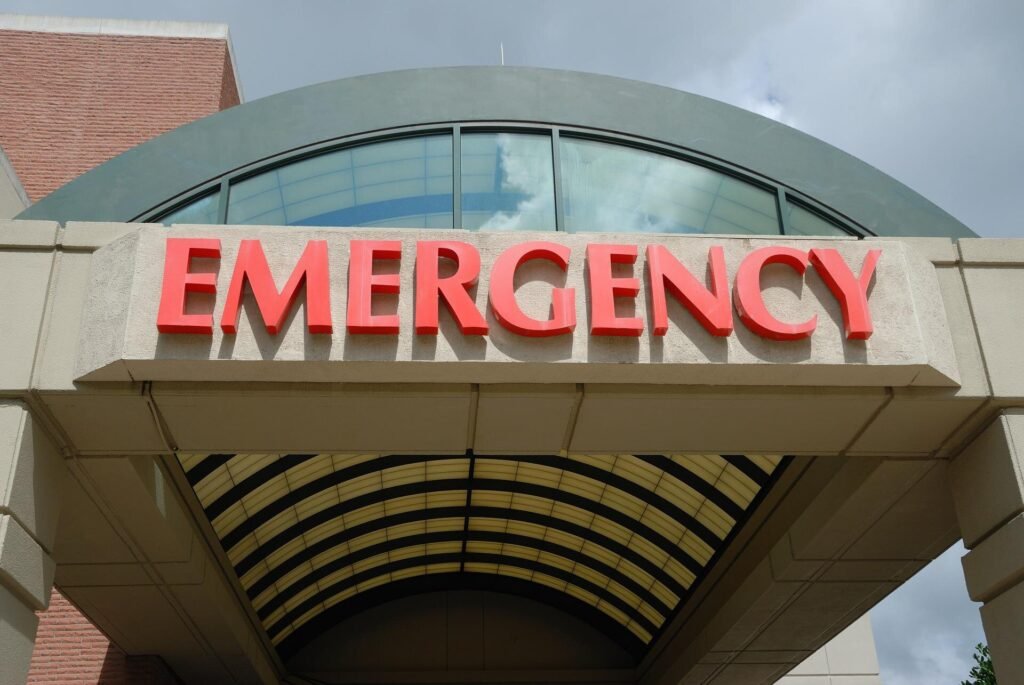Many individuals with mental health or substance use disorders encounter stigma and perceived biases when seeking medical care in a hospital emergency department (ED/ER) for issues unrelated to their mental health, as per research conducted by the University of Massachusetts Amherst.
On the contrary, other ER patients with mental health or substance use disorders reported a more positive experience when seeking care for their physical health.
“We discovered a range of experiences,” says Linda Isbell, the Feldman-Vorwerk Family Professor in Social Psychology at UMass Amherst and the lead author of a study published in the journal Health Services Research. “We didn’t observe solely negative experiences, which might have been the expected outcome for many people.”
This latest paper, the final installment in a series of three by Isbell and her team, delves into the challenges and experiences within the ER, which is often characterized by overcrowding and limited resources, reflecting the broader issues within the U.S. healthcare system. The first paper, published in 2020, explored how the emotions of ER healthcare providers could impact patient care. The second paper, from 2023, focused on how ER physicians and nurses treat patients with mental health and substance use issues.
“We then shifted our focus to the experiences of the patients,” Isbell explains, particularly focusing on a vulnerable group.
“A significant number of individuals identified what they perceived as stigma from healthcare providers, with statements like, ‘They were treating me well until they saw in my chart that I was being treated for opioid addiction, and then everyone started treating me poorly.’ They attributed this to stigma, which, in all honesty, is probably accurate,” Isbell notes.
This patient experience aligns with Isbell’s previous findings, where some doctors and nurses in the same ER admitted that they sometimes engage in behaviors that may not be ideal, such as neglecting individuals with substance use disorders or mental health issues, according to Isbell.
The research team identified patients at an academic medical center in the Northeast who presented at the ED with a physical health issue and had a documented mental health or substance use disorder. Fifty patients agreed to participate in onsite interviews at the ER and follow-up phone interviews about two weeks later. The interviews were conducted between February 2018 and January 2019.
Patients who had negative perceptions described healthcare providers as “dismissive,” “rushed,” and “unprofessional.” Many of these patients complained of pain, including chest and abdominal pain.
“They expressed concerns about providers not listening and believing that their illness was due to anxiety when it was actually caused by a physical ailment,” Isbell states. “This is known as diagnostic overshadowing, where a physical illness is attributed to a mental health condition or substance use disorder.”
Conversely, some patients reported positive experiences, describing doctors and nurses as “attentive,” “communicative,” “efficient,” and providing “quality care.”
“I was encouraged to see that there were definite positives highlighted by some individuals. They felt that the care they received was exceptional and that their needs were met,” Isbell remarks.
Isbell also notes that many ER patients share similar complaints and experiences as those with mental health and substance use disorders. However, she emphasizes that research indicates the negative experiences may have a greater impact and significance among individuals with these disorders.
“One of the challenges across patient populations is the mismatch between patient expectations and the services that the ER can actually provide,” Isbell notes. “I have consistently advocated, as in this paper, for better patient education on what the ER can and cannot offer.”
The findings suggest that consumer education and healthcare provider training could enhance the ER experience for both patients and healthcare providers. Nonetheless, comprehensive reform in the healthcare system is the essential solution needed.
“We are facing a healthcare crisis, and the ER serves as a safety net for individuals who cannot access care elsewhere,” Isbell asserts. “Individuals come to this high-risk, overcrowded environment with non-emergent issues because they have nowhere else to turn. This situation diverts time, resources, and energy from individuals with genuine urgent concerns.”
The paper concludes, stating, “Urgent reform in our healthcare system is imperative to ensure quality care for all individuals, especially the most vulnerable members of society.”
More information:
Linda M. Isbell et al, Medical Care for Patients With Mental Health and/or Substance‐Use Disorders: A Qualitative Investigation of Emergency Department Patient Experiences and Recommendations, Health Services Research (2025). DOI: 10.1111/1475-6773.14617
Citation:
Patients with mental health disorders face a ‘mixed bag’ of experiences with medical care in the ER (2025, June 17)
retrieved 17 June 2025
from https://medicalxpress.com/news/2025-06-patients-mental-health-disorders-bag.html
This document is subject to copyright. Apart from any fair dealing for the purpose of private study or research, no
part may be reproduced without the written permission. The content is provided for information purposes only.


